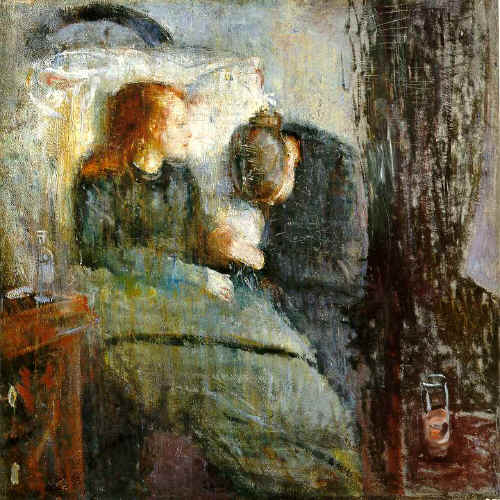LOOKING FOR AN HUMANISTIC PARADIGM IN INFIRMARY ABOUT THE TERMINAL PATIENT.
Abstract
The vision that should have the team of health among those that the nurse is toward the terminal sick person should go directed toward the respect to her dignity like human person, for her characteristics of individuality and complexity that make it respond from way impredecible to the circumstances of the life. In the case of the terminal sick person it becomes necessary that the nurse assumes a mature attitude, empática, manifested through the compassion by this sick person's suffering, to put on in her place in the face of the fear to the death like an unknown fact of which feels weak and vulnerable. The care to the terminal sick person requires that the team of health and its relatives treat him until the end with respect, love and empathy, therefore this personnel requires a solid formation in ethics for his moral performance, what will allow him to identify, to analyze and to meditate in appropriate form, and to decide alternative in the face of any decision in the execution of their functions. It is fundamental to meditate since on the human care that we are offering the terminal sick person each one of us in the current moments, the care as a human condition it should constitute a moral imperative in the terminal sick person's attention. The personnel that works in sciences of the health should accept that the finitud or terminalidad of the life are not a misfortune, it is the human being's hopeless stage, and the human dignity should be present until the last second of life in this world that the creator allows us. It is necessary, to be in agreement with the technology, with the science but without losing the perspective of other people, that is to say the spirituality. The science applied for the benefit of the man and impregnated of wisdom.Downloads
-
Abstract598
-
PDF (Español (España))237
The works published in this magazine are subject to the following terms:
1. The Publications Service of the University of Murcia (the publisher) preserves the copyright of the published works, and encourages and allows the reuse of the works under the license for use stated in point 2.
© Servicio de Publicaciones, Universidad de Murcia, 2011 (© Publications Service, University of Murcia, 2011)
2. The works are published in the electronic edition of the journal under Creative Commons Reconocimiento-NoComercial-SinObraDerivada 3.0 España(texto legal) “ a Attribution-NonCommercial-NoDerivatives 3.0 Spain license (legal text)”. They can be copied, used, broadcasted, transmitted and publicly displayed, provided that: i) the authorship and original source of their publication (journal, publisher and URL) are cited; (ii) are not used for commercial purposes; iii) the existence and specifications of this license is mentioned.
3. Conditions of self-archiving. Authors are allowed and encouraged to electronically disseminate the pre-print (pre-reviewed ) and / or post-print (reviewed and accepted for publication) versions of their works prior to publication, as it ensures a wider circulation and dissemination which may lead to a possible increase in its mention and a higher scope among the academic community. RoMEO color: green.













